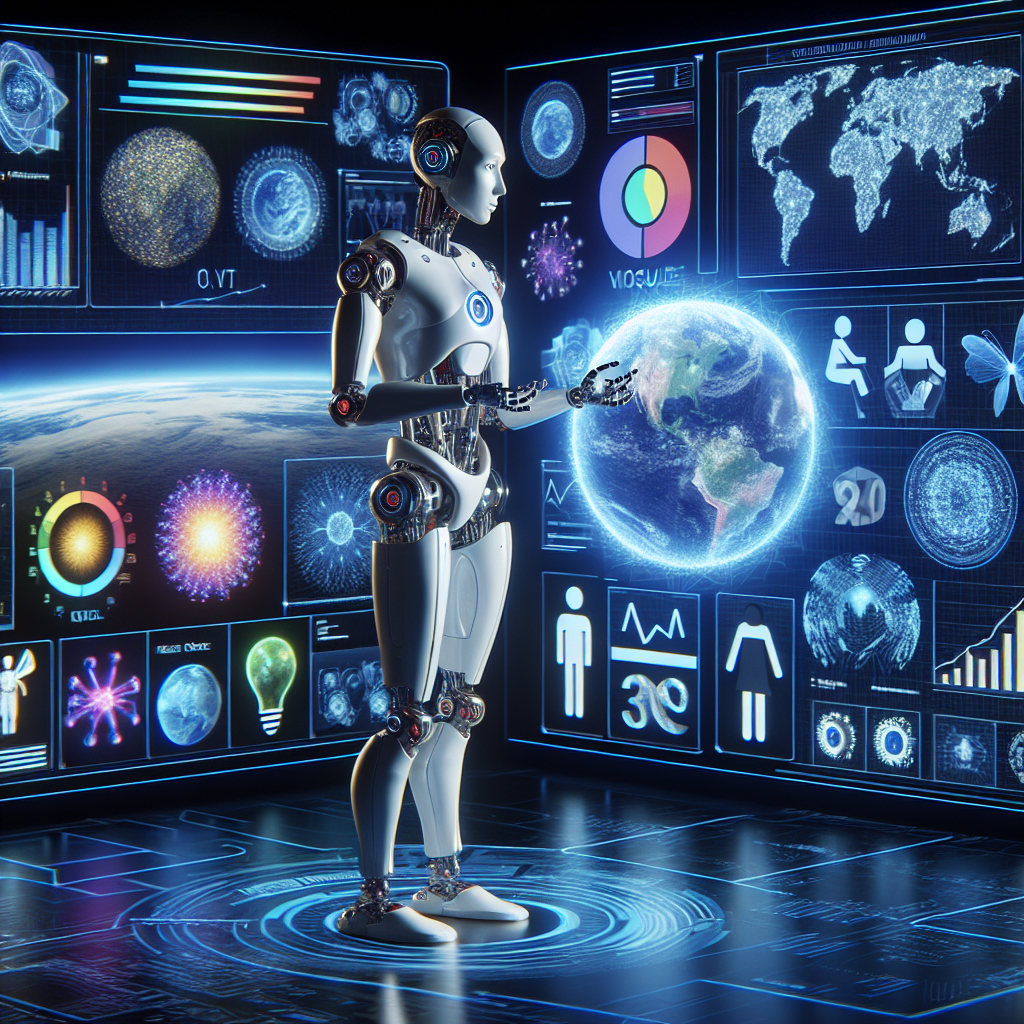Artificial General Intelligence (AGI) has been a topic of discussion and speculation for decades. AGI refers to a form of artificial intelligence that possesses the ability to understand and learn any intellectual task that a human being can. Unlike narrow AI systems, which are designed to perform specific tasks, AGI is envisioned to have the cognitive abilities of a human being, including reasoning, problem-solving, and creativity.
The potential of AGI is vast and could have a transformative impact on society. In this article, we will explore how AGI could solve some of our toughest problems and address common questions and concerns surrounding this emerging technology.
### Solving Global Challenges with AGI
1. **Climate Change**: One of the most pressing issues facing humanity today is climate change. AGI has the potential to analyze vast amounts of data and develop innovative solutions to reduce carbon emissions, improve energy efficiency, and mitigate the effects of climate change.
2. **Healthcare**: AGI could revolutionize the healthcare industry by enabling personalized medicine, early disease detection, and advanced treatment options. With its ability to process and analyze large datasets, AGI could help doctors make more accurate diagnoses and develop more effective treatment plans.
3. **Education**: AGI could personalize education for each student, providing tailored learning experiences and adaptive feedback. This could help address the challenge of providing quality education to a diverse population with varying learning styles and abilities.
4. **Cybersecurity**: As cyber threats become increasingly sophisticated, AGI could help organizations detect and respond to cyberattacks in real-time. By continuously analyzing patterns and anomalies in network traffic, AGI could help prevent data breaches and protect sensitive information.
5. **Poverty and Inequality**: AGI could help address socio-economic disparities by optimizing resource allocation and identifying opportunities for economic growth. By analyzing data on income distribution, employment trends, and social programs, AGI could help policymakers develop targeted interventions to reduce poverty and inequality.
### Common Questions and Concerns about AGI
1. **Will AGI replace human workers?** While it is possible that AGI could automate certain tasks currently performed by humans, it is unlikely to completely replace human workers. Instead, AGI is more likely to augment human capabilities and enable us to focus on more complex and creative tasks.
2. **Is AGI safe?** Ensuring the safety and reliability of AGI systems is a key challenge that researchers are actively working to address. By implementing robust testing and validation procedures, as well as ethical guidelines, we can mitigate the risks associated with AGI.
3. **Will AGI have consciousness?** The question of whether AGI could possess consciousness is a topic of philosophical debate. While AGI may exhibit behaviors that appear conscious, it is unlikely to have the same subjective experience as a human being.
4. **How can we ensure that AGI is used for the benefit of society?** It is essential to establish clear ethical guidelines and regulations for the development and deployment of AGI. Additionally, fostering transparency and collaboration among researchers, policymakers, and industry stakeholders can help ensure that AGI is used responsibly.
5. **What are the potential risks of AGI?** While AGI has the potential to solve many of our toughest problems, it also poses risks such as job displacement, privacy concerns, and the misuse of AI technologies for malicious purposes. By proactively addressing these risks, we can harness the full potential of AGI for the benefit of society.
### Conclusion
The potential of AGI to solve our toughest problems is immense, but it is essential to approach its development and deployment with caution and foresight. By addressing common questions and concerns surrounding AGI, we can work towards harnessing its transformative power for the benefit of society. As we continue to advance the field of artificial intelligence, it is crucial to prioritize ethical considerations, safety, and transparency to ensure that AGI is used responsibly and ethically.

